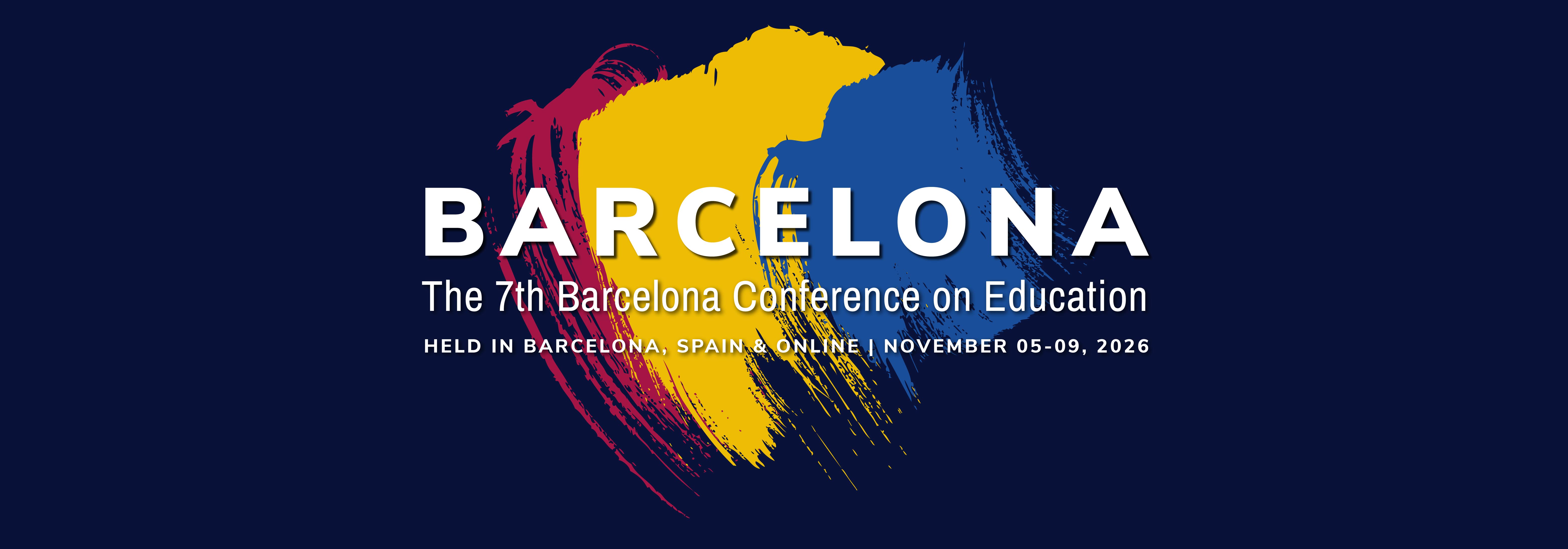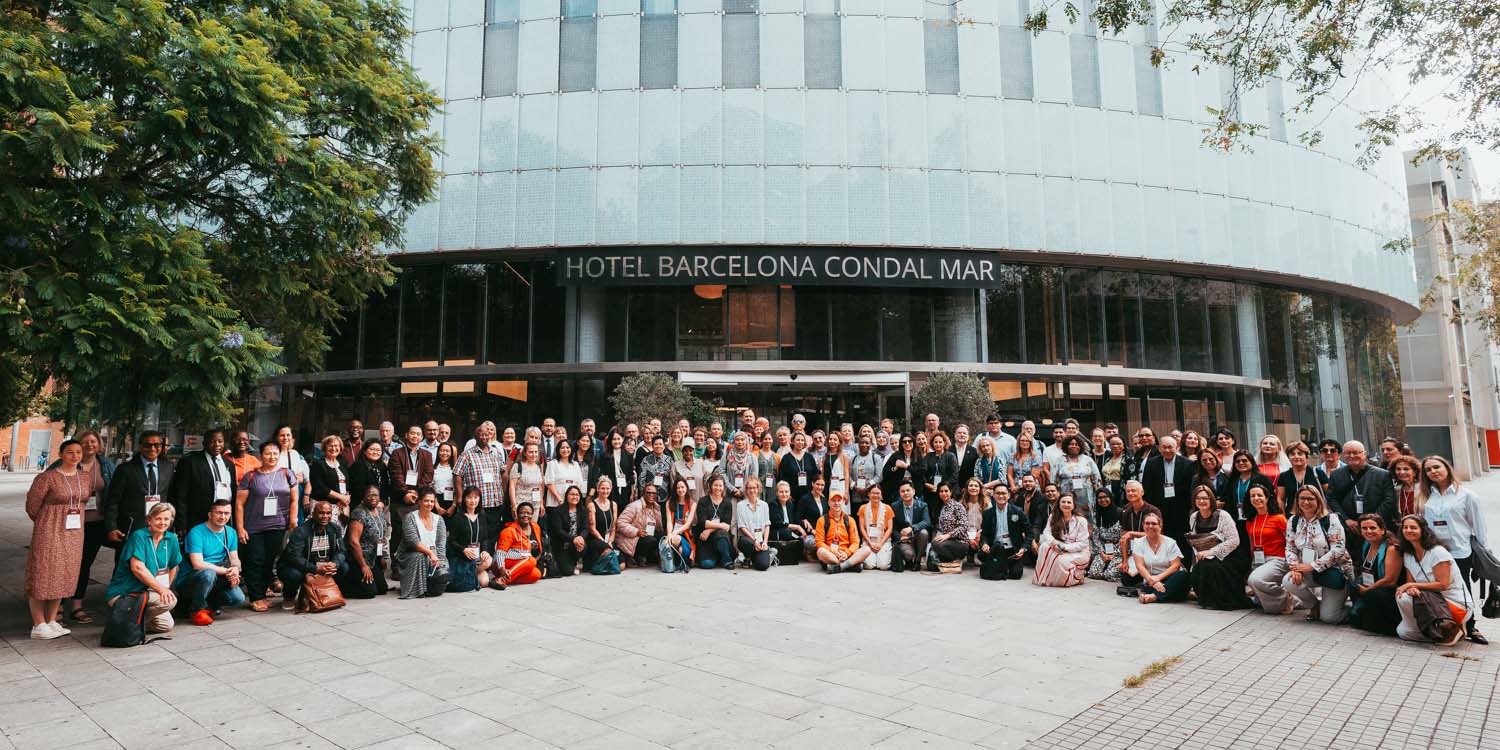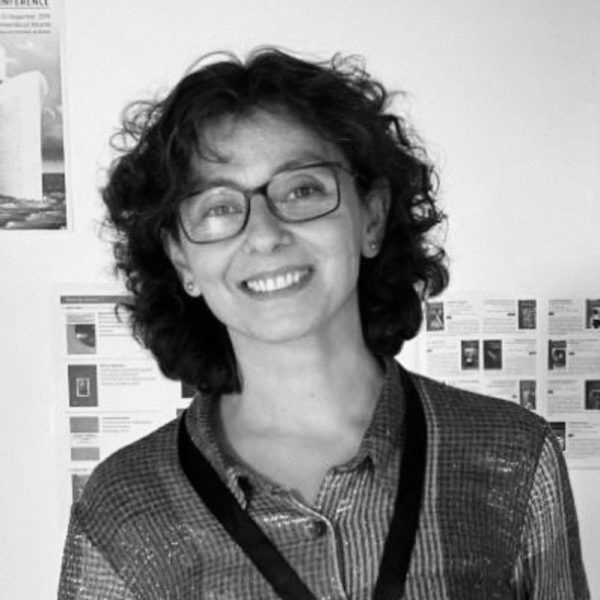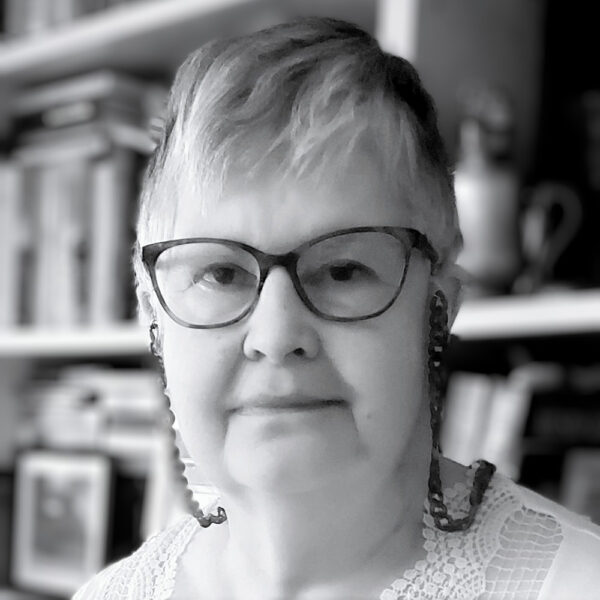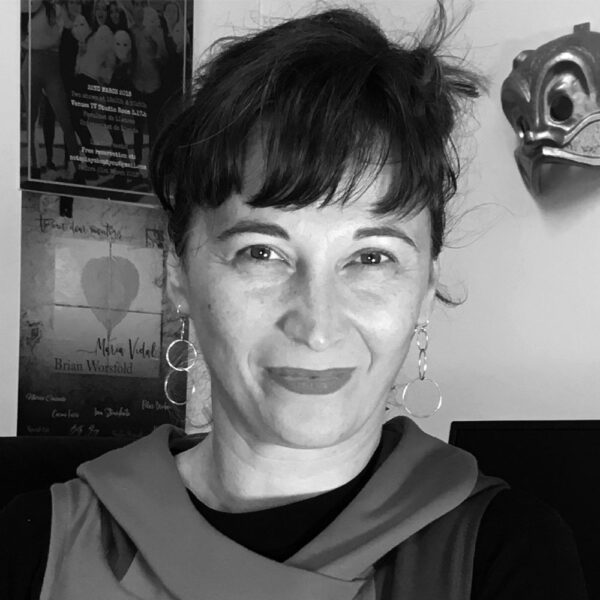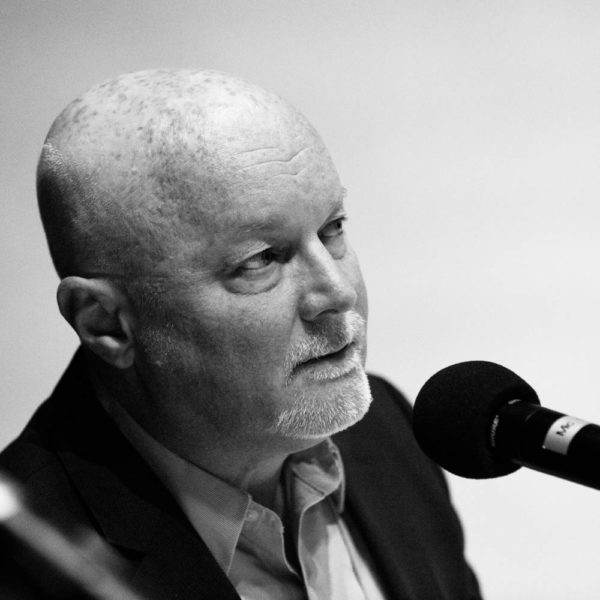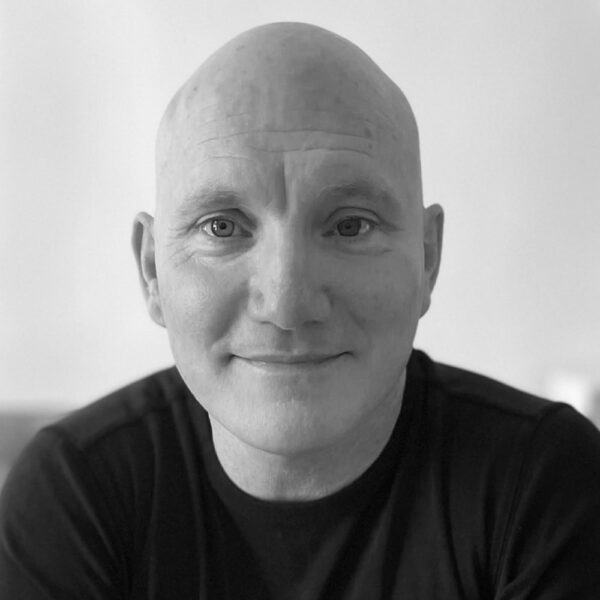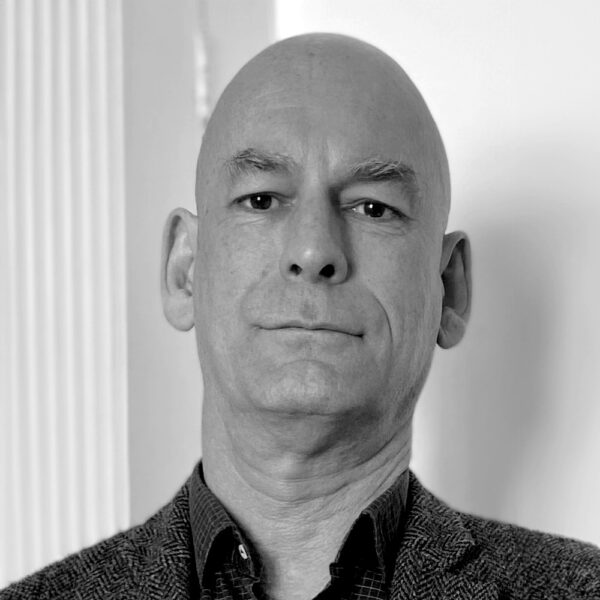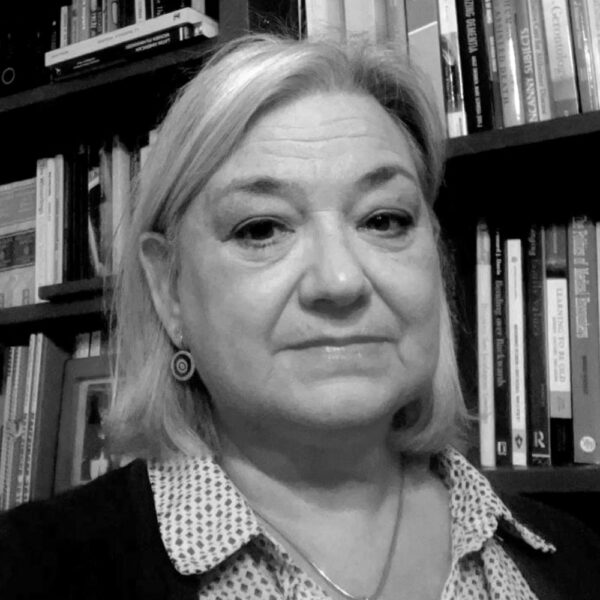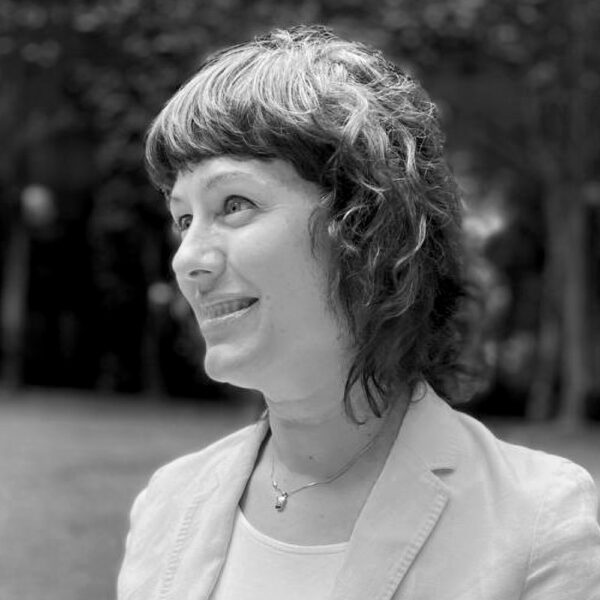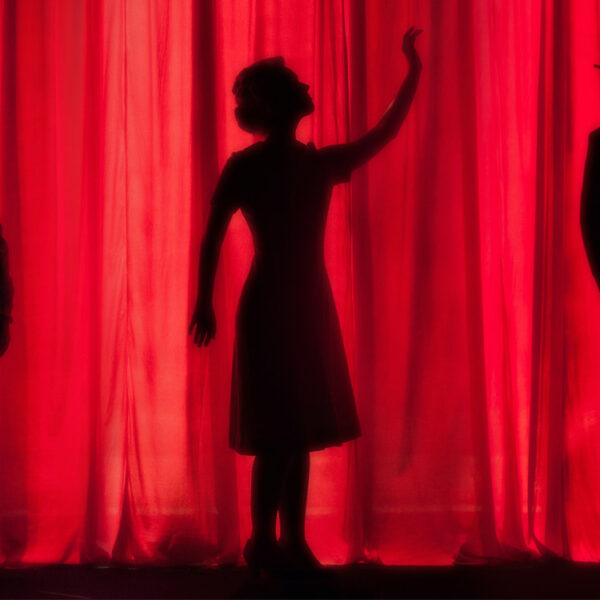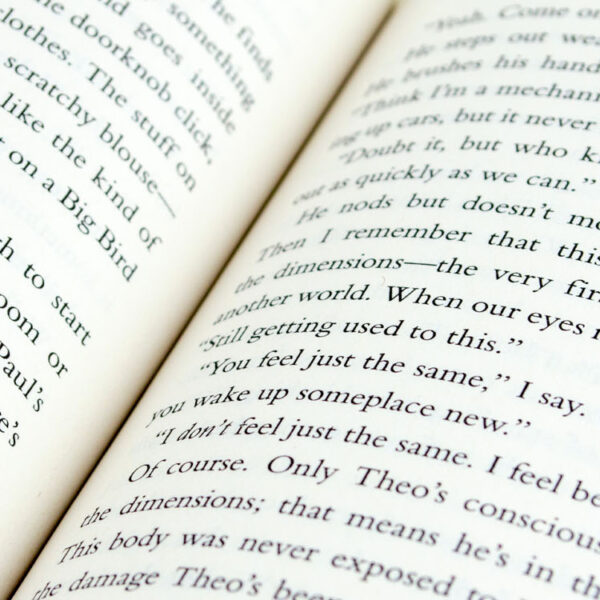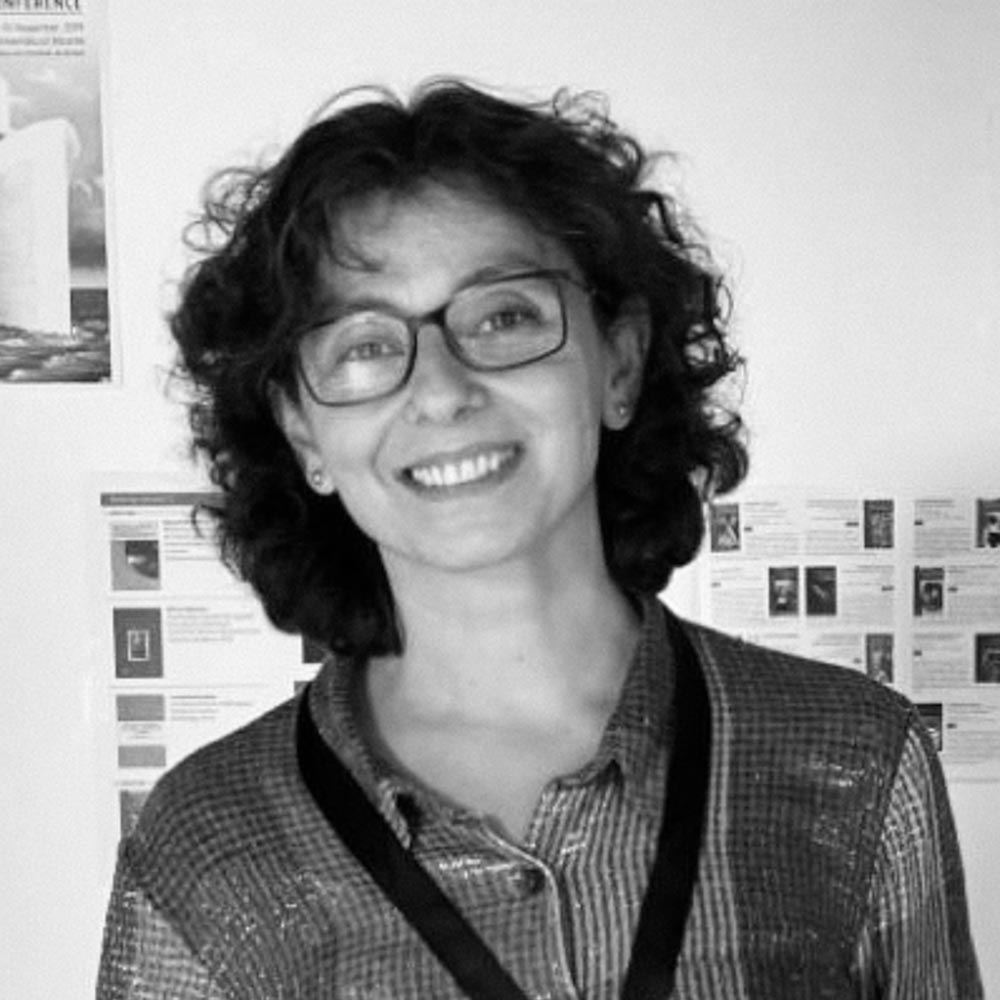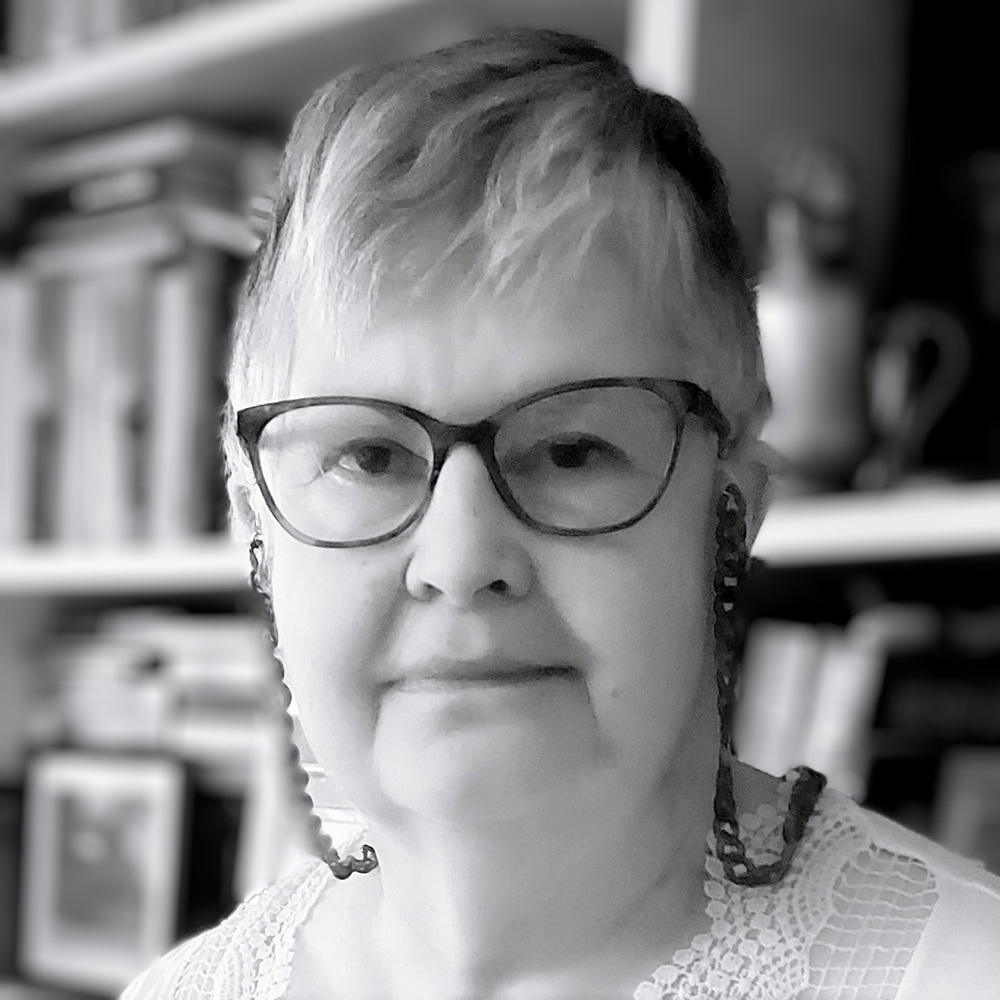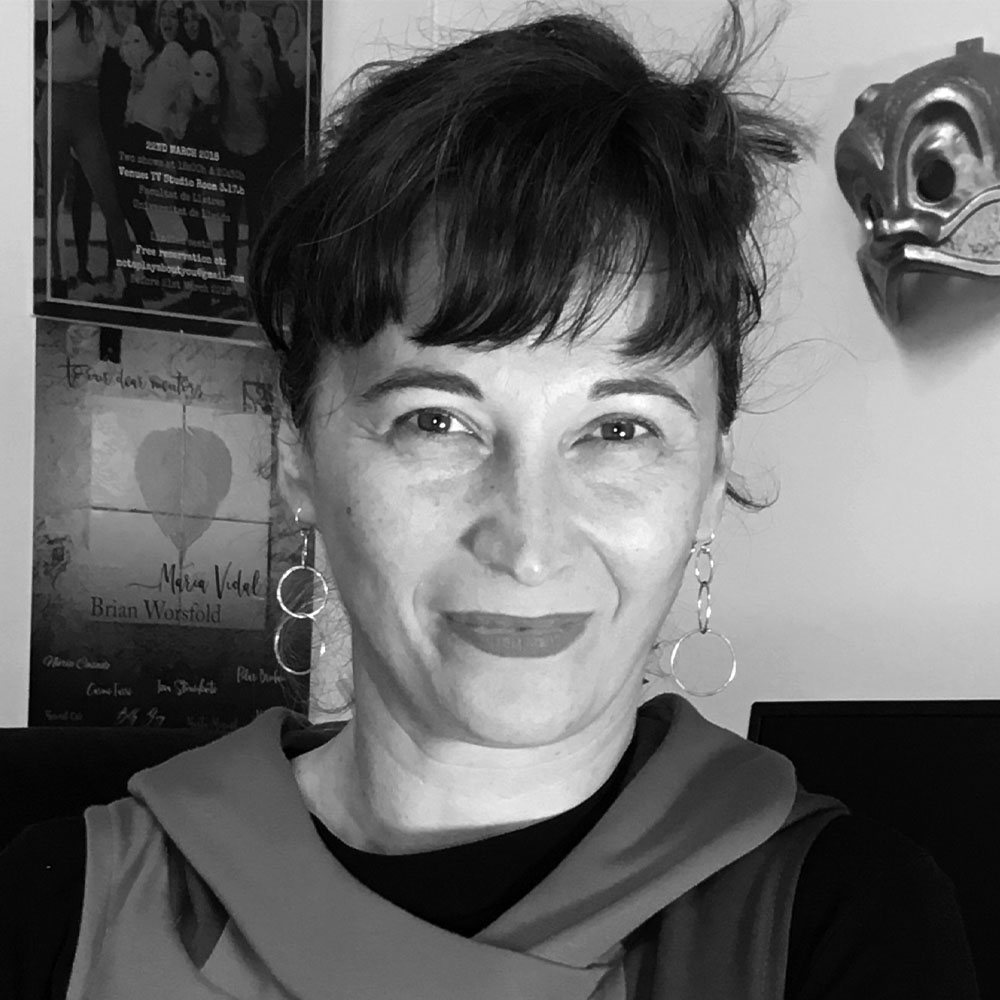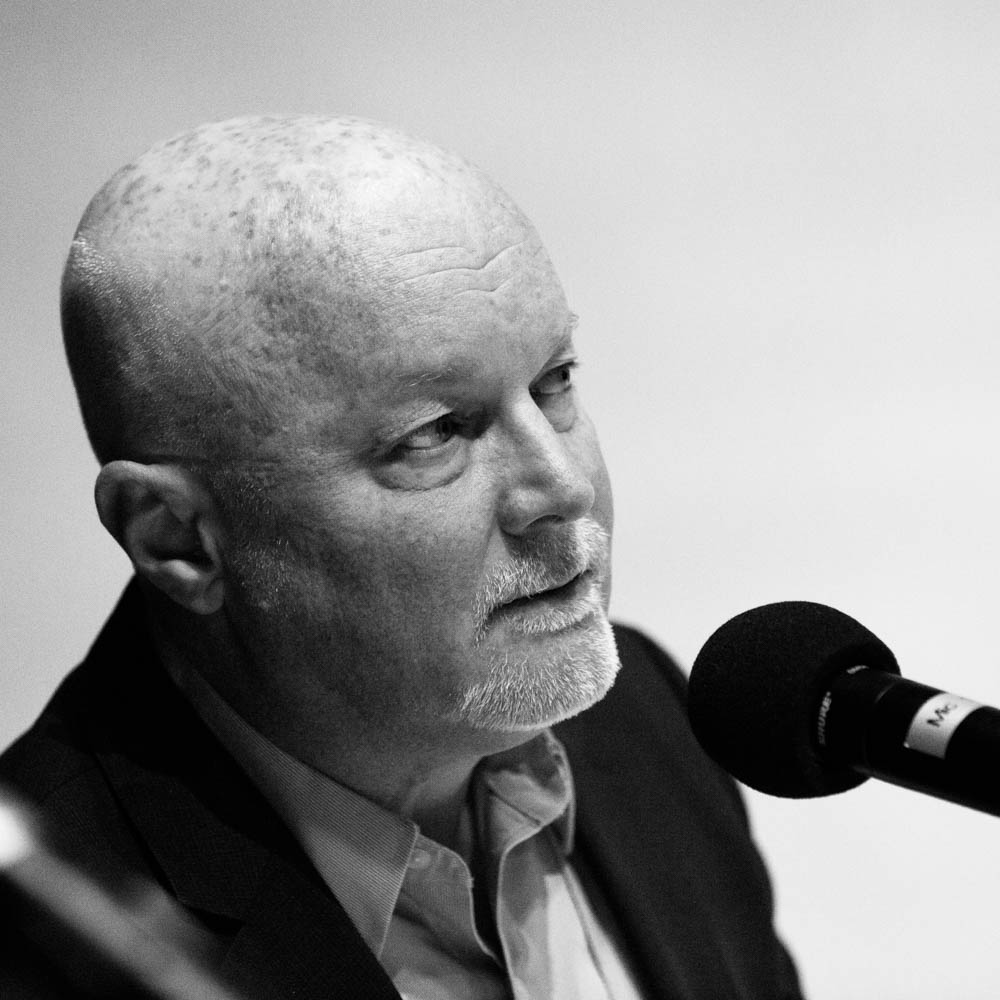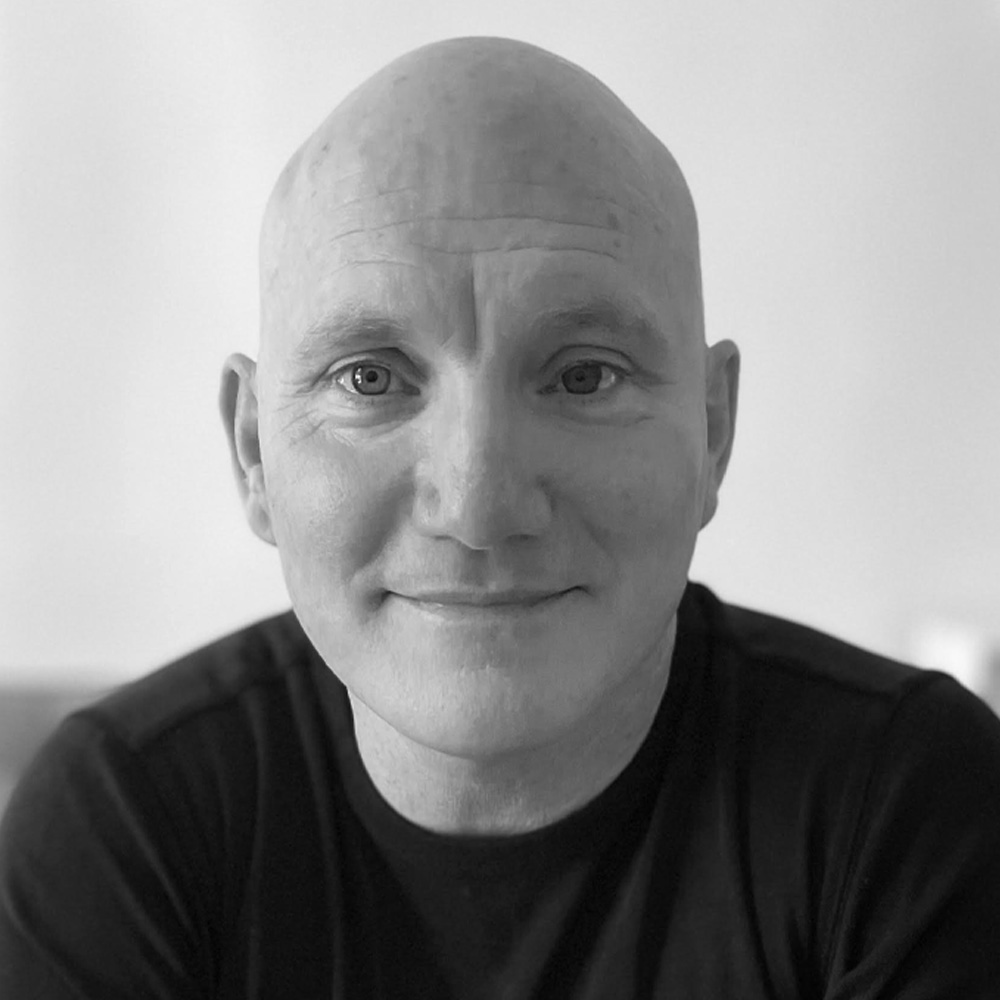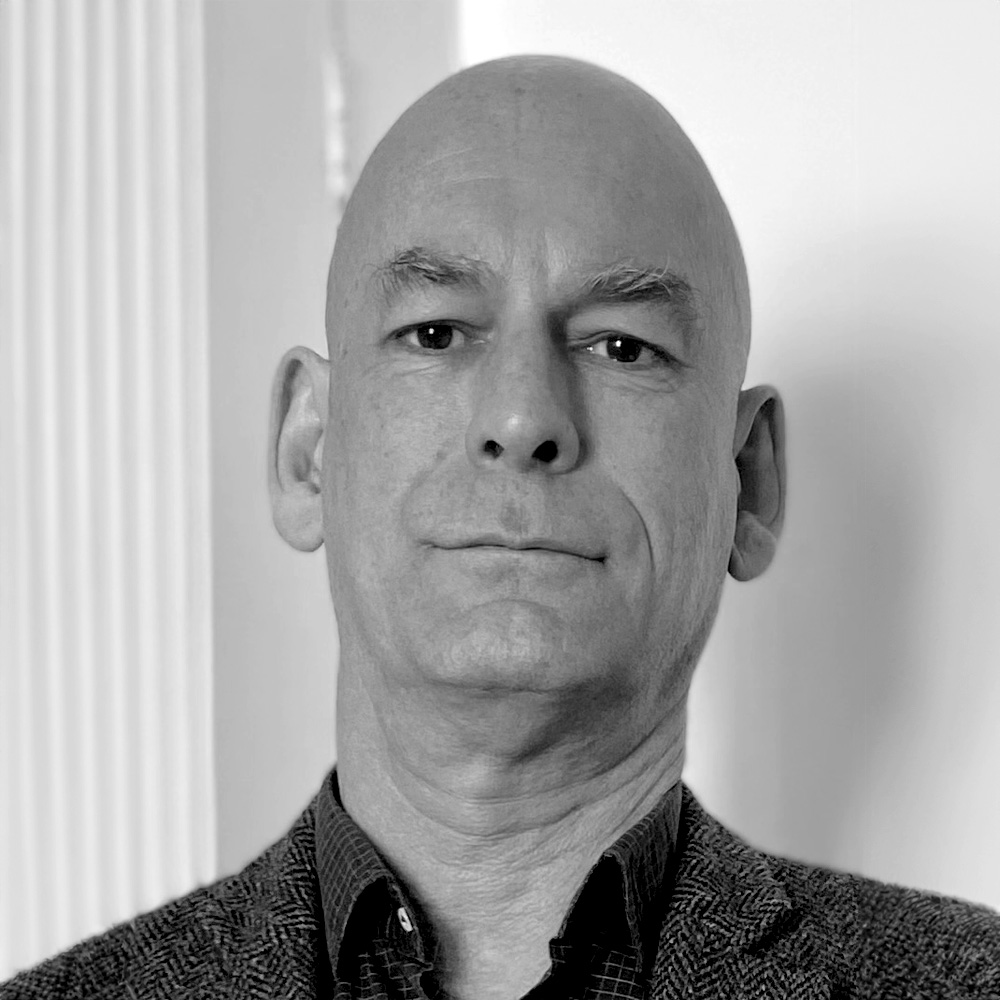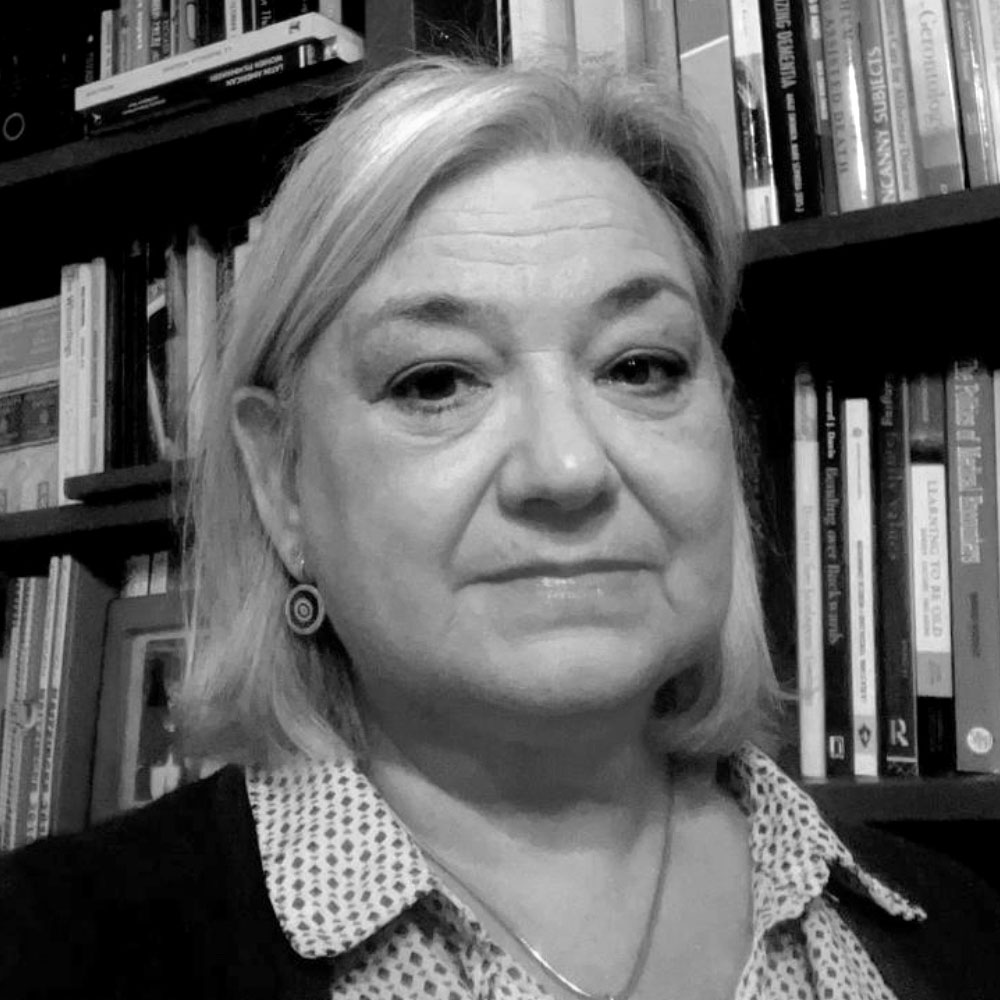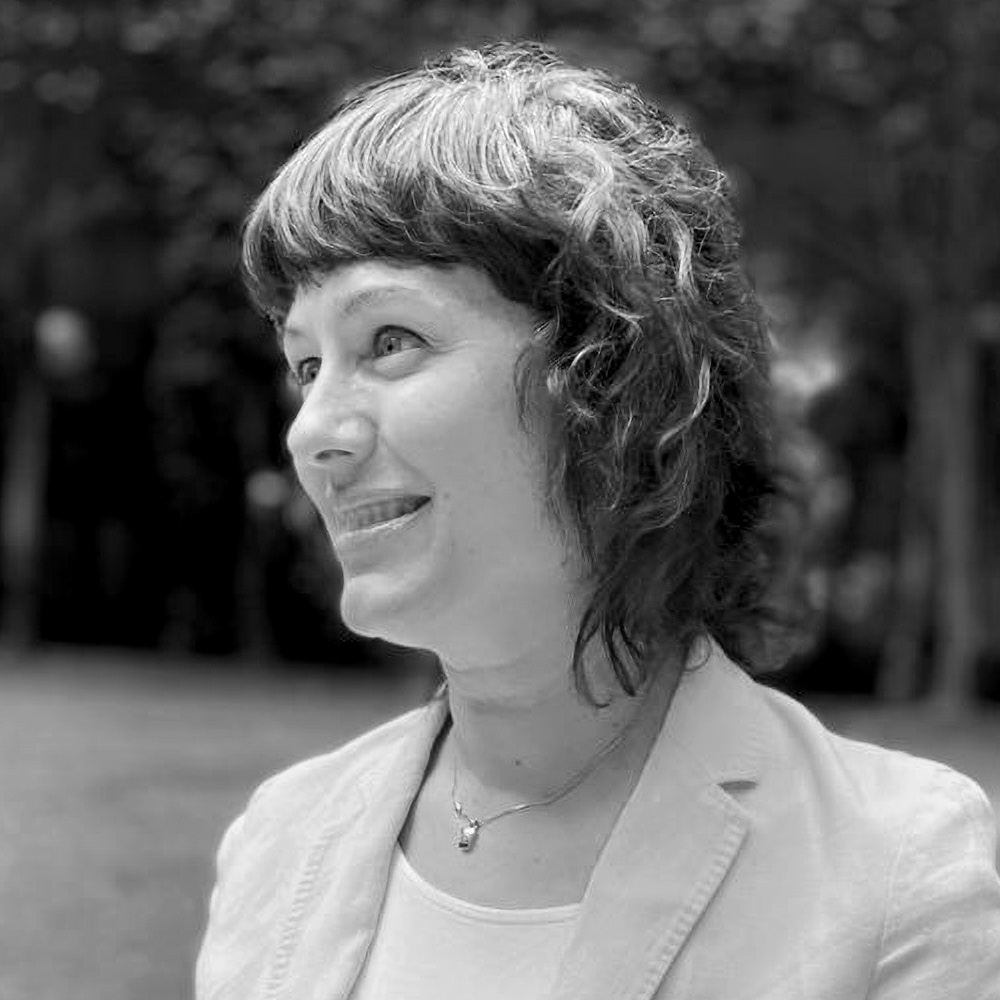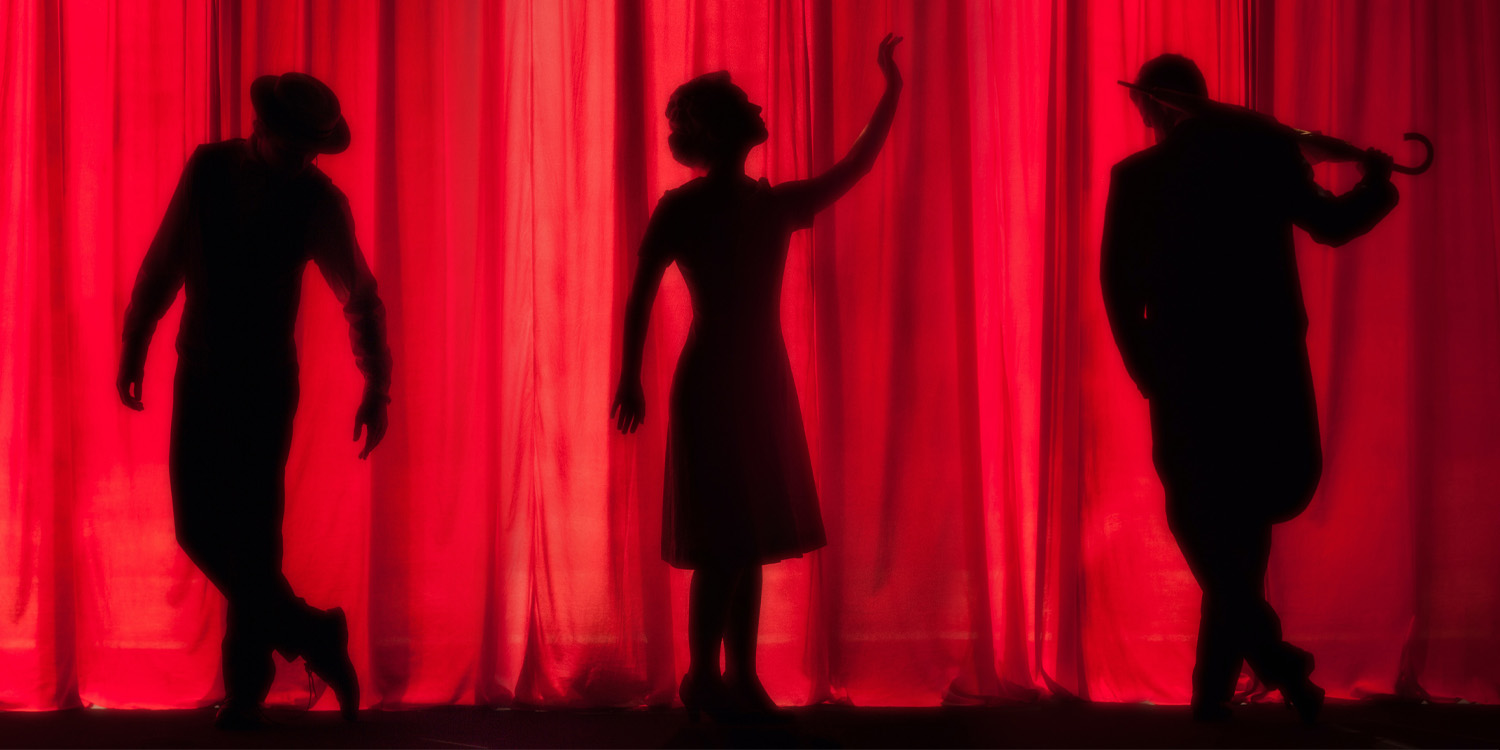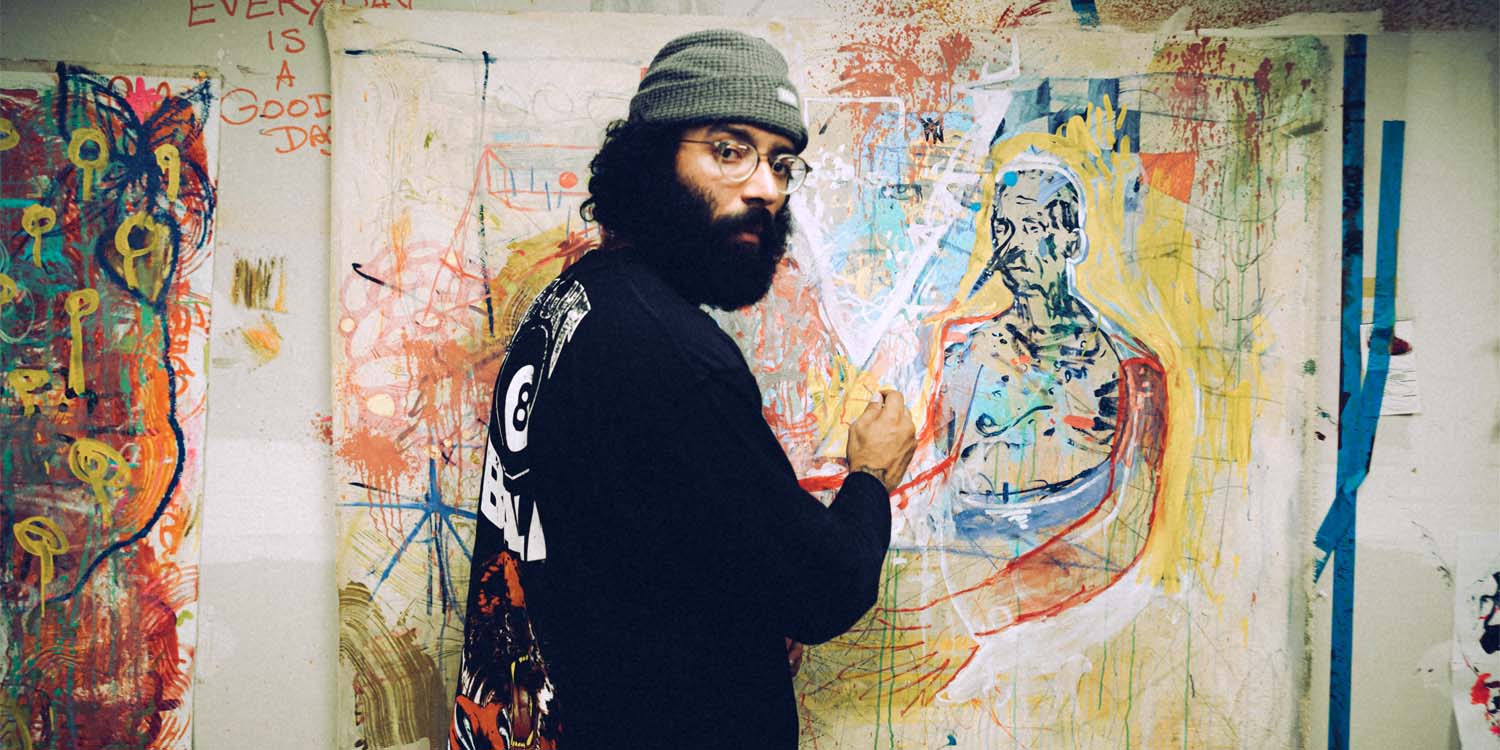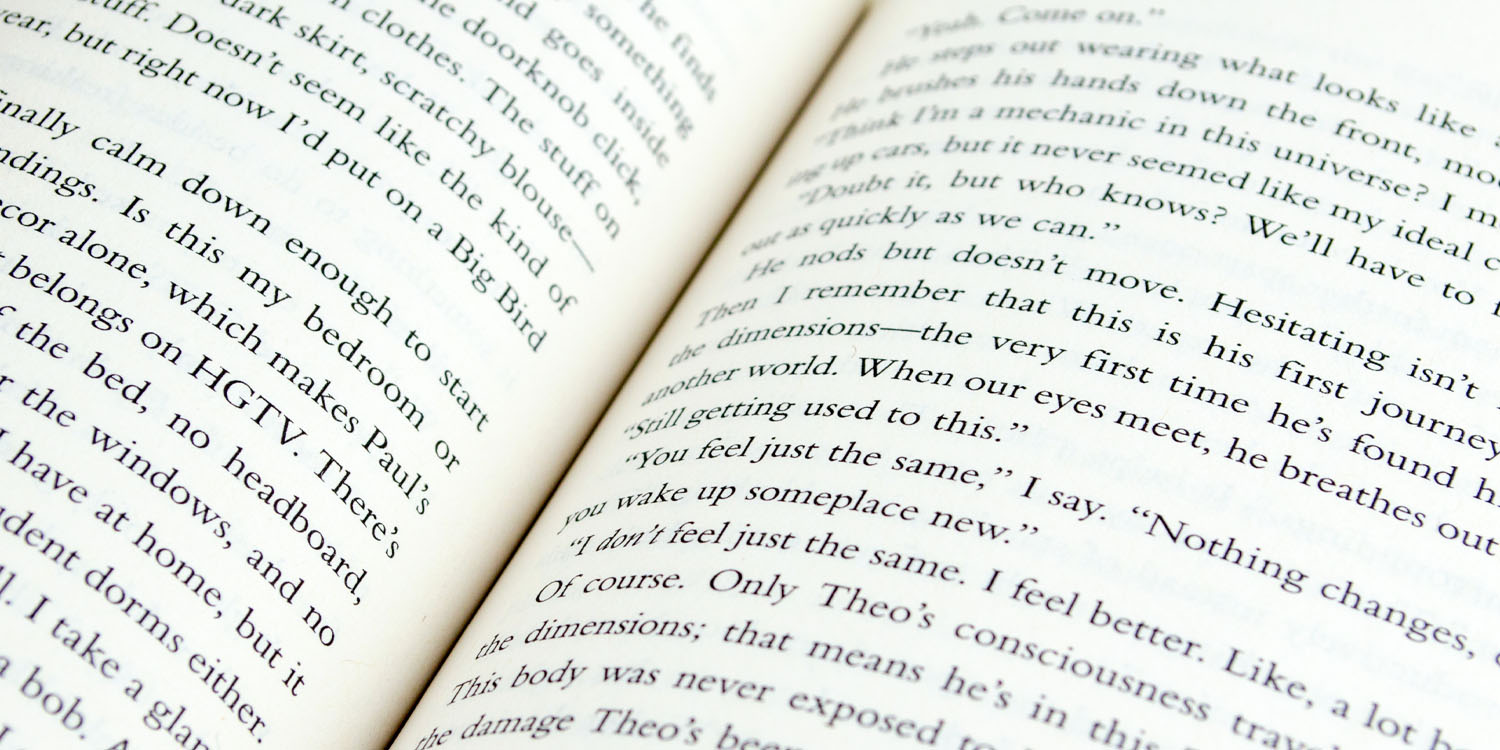19–23 September, 2023 | Held in Barcelona, Spain (and online)
Barcelona is a city that never fails to deliver excitement and stimulation, and this vibrant cultural hub is always a great setting for an IAFOR event. This year was no different and over 350 delegates from more than 65 countries attended The 4th Barcelona Conference on Education (BCE2023), held alongside The 4th Barcelona Conference on Arts, Media & Culture (BAMC2023).
Plenary Speakers
-
Isabel Alonso-BretoUniversity of Barcelona, Spain
-
Sue BallynUniversity of Barcelona, Spain
-
Núria Casado-GualUniversity of Lleida, Spain
-
Donald E. HallBinghamton University, United States
-
Daniel LutzPurrple, Spain
-
David MallowsUCL Institute of Education, United Kingdom
-
Raquel MedinaAston University, United Kingdom
-
Inesa ShevchenkoUniversity of Lleida, Spain
-
Kateřina ValentováUniversity of Lleida, Spain
Programme
-
There Is No New NormalKeynote Presentation: Donald Hall
-
Digital Literacy and Digital Inclusion: Reading the Digital WorldKeynote Presentation: David Mallows
-
Old Age in the Spotlight: Towards an Anti-ageist Theatre in the Times of the ‘New Normal’Keynote Presentation: Núria Casado-Gual
-
Contemporary Cultural Representations of Ageing: Deconstructing AgeismFeatured Panel Presentation: Raquel Medina, Inesa Shevchenko, Kateřina Valentová
-
Want Happiness? Become an ArtistKeynote Presentation: Daniel Lutz
-
I Shall Be Brief: Spare Thoughts on Literature and CareKeynote Presentation: Isabel Alonso-Breto
Conference Review Committee
Dr Bankole Akinwande, Adeyemi Federal University of Education, Nigeria
Dr Supriya Banerjee, Amity University, Uzbekistan
Dr Amel Beldjenna, University of Oran 2, Algeria
Professor Cristina Caridade, Politechnic Institute of Coimbra, Portugal
Dr Joanie Crandall, Yorkville University, Canada
Dr Abdelkrim Dekhakhena, 8 Mai 1945 Guelma University, Algeria
Dr Edgar R. Eslit, St. Michael's College, Iligan City, Philippines
Dr Leslie Haas, Xavier University of Louisiana, United States
Dr Alexander Ibni, Zamboanga Peninsula Polytechnic State University, Philippines
Dr Martha Khosa, University of Free State, South Africa
Dr Giraldo De La Caridad León Rodríguez, ECOTEC University, Ecuador
Dr Hong Li, Emory University, United States
Dr Ayşegül Liman Kaban, Bahcesehir University, Turkey
Dr Maria Teresa Matriano, Middle East College, Oman
Dr Loredana Muscat, Institute for Education, Malta
Dr Angela Mary Nicol, All Saints' College, Australia
Professor Mario Pace, University of Malta, Malta
Dr Hongzhuan Song, Nazareth College of Rochester, United States
